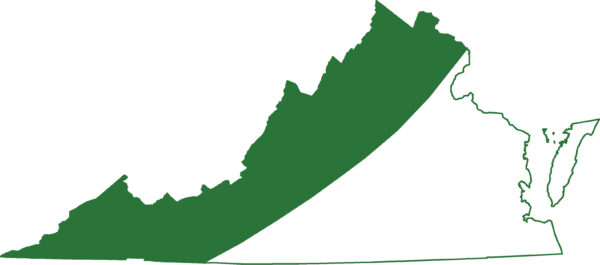Fact File
Scientific Name: Eurycea longicauda longicauda
Classification: Amphibian
Size: Up to 8 inches
Identifying Characteristics
Long-tailed Salamanders are yellow to orange with black irregular blotches over the back and sides. The tail is longer than the head and body combined. The black blotches on the tail often produce a series of parallel upright bars. The belly is a light yellow to orange.
Distribution:
Long-tailed Salamanders occur in the Ridge and Valley ecoregion. In early fall, they congregate along streams and seeps to mate. They can also be found in caves.This species eats adult and immature insects, arthropods, worms, and other terrestrial invertebrates.

Did You Know?
The tail is prehensile and used in climbing rock faces.
Role in the Web of Life
Long-tailed Salamanders forage for invertebrates along streams and often far out in forested areas. In late spring and summer, they will disperse into surrounding forests where they forage for a variety of small invertebrates. Mating probably occurs in the fall. Females lay eggs from late fall to early spring usually depositing them singularly in underground areas, or in caves, but do not remain with the eggs. The aquatic larvae consume aquatic invertebrates and metamorphose in June or July.
Conservation
Species appears to be secure in Virginia.
Last updated: August 14, 2024
The Virginia Department of Wildlife Resources Species Profile Database serves as a repository of information for Virginia’s fish and wildlife species. The database is managed and curated by the Wildlife Information and Environmental Services (WIES) program. Species profile data, distribution information, and photography is generated by the Virginia Department of Wildlife Resources, State and Federal agencies, Collection Permittees, and other trusted partners. This product is not suitable for legal, engineering, or surveying use. The Virginia Department of Wildlife Resources does not accept responsibility for any missing data, inaccuracies, or other errors which may exist. In accordance with the terms of service for this product, you agree to this disclaimer.

